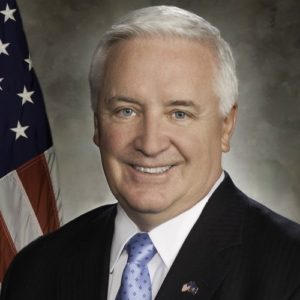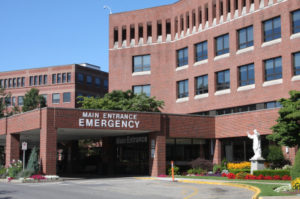First Peek at PA’s Health Insurance Exchange
A new report from the U.S. Department of Health and Human Services offers a first look at the health insurance choices to be available to residents of 36 states, including Pennsylvania.
According to the report, premiums before subsidies – not yet released publicly – will average about 16 percent lower than Congressional Budget Office projections.
Across the state, Pennsylvanians will average a choice of 56 insurance plans. The selection varies by region, with 42 choices for residents of the Philadelphia area and 36 for those who reside in Pittsburgh.
The health insurance exchanges are one of the main features of the Affordable Care Act.
Rate information for the individual plans will be released next Tuesday, but monthly premiums for Pennsylvanians reportedly will be lower than the average for the 36 states for which information is available.
For more on the selection of plans, see this Pittsburgh Post-Gazette article. For information about rates, including a chart that shows examples, see this report in the Central Penn Business Journal.






